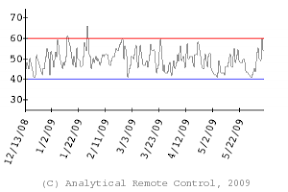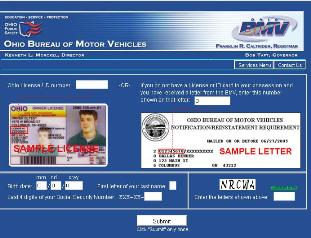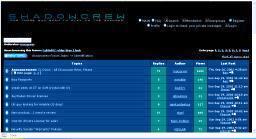Bankers Fight Tougher Identity Theft Alerts
Is it any wonder why identity theft
continues to skyrocket with the
attitudes of bankers who are
resisting recently proposed new
rules from regulators from not one,
but 5 federal agencies?
The prestigious Federal Reserve, our nation's
central bank, unveiled proposals which would
require financial institutions to take detailed
measures to prevent the breach of customer's
sensitive financial data.
But, bankers and their lobbyists have continued
to balk at any attempts to increase consumer
data security - especially from rapid credit
fraud and identity theft.
"This is another unfunded, well-intentioned
mandate that could mushroom into a bureaucratic
nightmare and ultimately cost consumers more
for banking services," said Alan Rowe,
president of First Commercial Bank of Florida.
Here's why:
Under the federal proposal, banks would have to "red flag"
more than 30 types of suspicious transactions to help
head off possible security breaches indicative of fast moving
identity theft rings and fraud artists.
For instance, a change-of-address request from a
customer quickly followed by requests for
replacement credit cards could be a sign that
a fraud artist is at work on that customer's accounts.
But, bankers only concerned with maintaining
their profit margins could care less about
your data being protected from the new threats
and tactics used by modern identity thieves.
"...every time they require us to do something
more, it costs a lot of money," said Randy
Burden", a veteran Orlando banker.
With attitudes like these, is it any wonder
banks both large and small have quietly
lobbied Congress for years to derail
any significant federal laws to stem
the rising tide of out of control identity theft?
This is part of the rationale that has left over
80 million Americans the victims of
identity theft or compromised personal
data within the past 18 months without
any national law being enacted which would
hold institutions accountable for the inept
and shoddy data security practices which
lead to identity theft.
So, our tip for today is to seek your own protection
from the identity thieves who understand all too well
the dirty secret bankers have kept from the American
public for years.
Enroll in any credible credit monitoring program and
act today to contact your bank to "opt out" of their
affiliate data sharing practices. It is your right under
the law to remove your name and personal
information from being released without
your consent to their marketing partners.
By doing these two easy acts, you will immeasurably
lower your odds of becoming a victim of identity
theft and credit fraud simply due to a company's
lax data security practices which could needlessly
expose your data through another "lost" computer
episode.



















